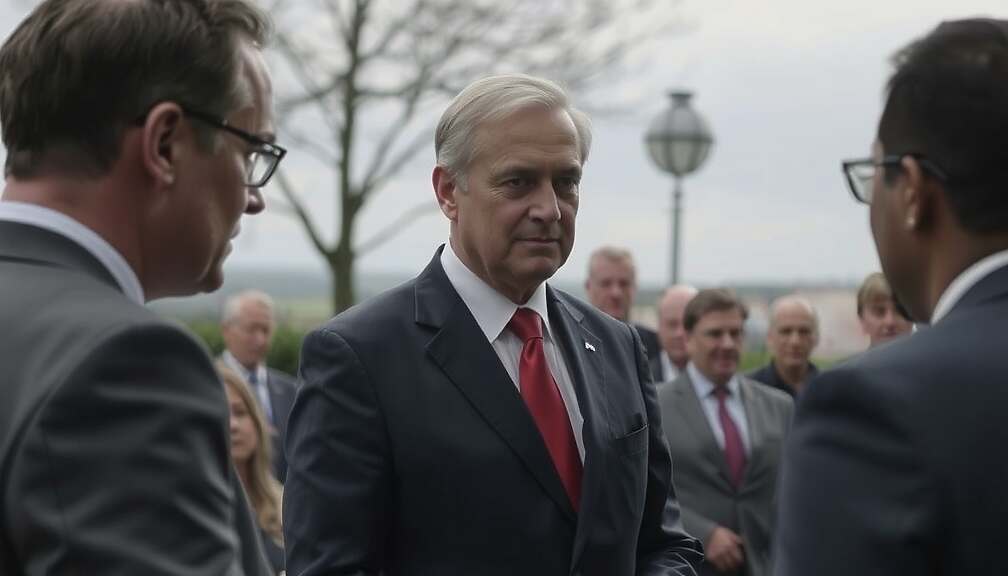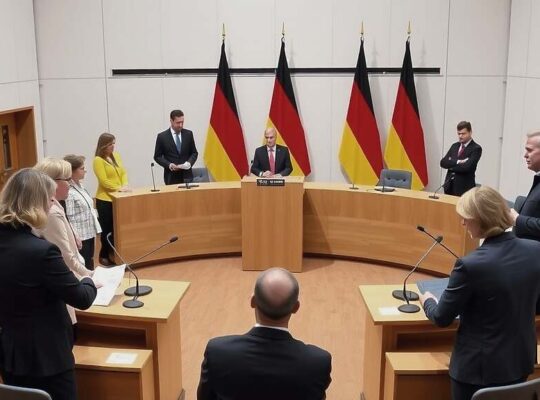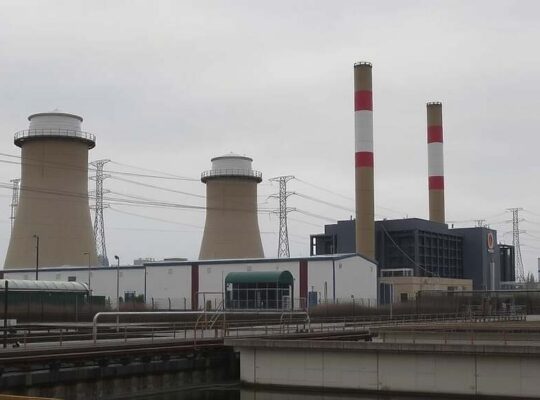The impending meeting between former U.S. President Donald Trump and Russian President Vladimir Putin in Budapest is raising serious questions regarding international law and the potential erosion of the rules-based order. Jürgen Hardt, the CDU’s foreign policy spokesperson in the German Bundestag, has issued a stark warning against any scenario where Putin attends the meeting without consequence for the outstanding International Criminal Court (ICC) arrest warrant against him.
Hardt’s assessment highlights a critical dilemma for Hungary, a nation legally obligated to arrest Putin under the Rome Statute, the treaty establishing the ICC. While Hungary has formally initiated a process to withdraw from the ICC, this departure is not scheduled to be effective until June 2026, leaving the country legally bound. The Bundestag representative emphasized that allowing Putin to travel and conduct meetings unimpeded would constitute a profound disrespect towards the international criminal justice system.
Beyond the legal implications, Hardt pointed to the logistical challenges already surrounding Putin’s potential travel. He noted the previous necessity for Putin to avoid overflying countries party to the Rome Statute during his meeting with Trump in Alaska, a clear indication of the complexities involved in facilitating his movements while under an ICC warrant.
The core of the issue, Hardt insisted, revolves around the gravity of the charges against Putin. The arrest warrant was issued in response to alleged crimes including the forced deportation of Ukrainian children to Russia, where they are reportedly subjected to programs designed to erase their cultural identity. Allowing Putin to effectively circumvent international justice mechanisms sends a dangerous signal about the accountability of leaders accused of egregious human rights violations.
Hardt’s commentary indirectly critiques the stance of Hungarian Prime Minister Viktor Orbán, suggesting it doesn’t reflect the broader consensus within the European Union. The situation presents a complex test for Hungary’s commitment to international law and its relationship with the EU, underscoring the potential for political expediency to undermine fundamental principles of global justice.












